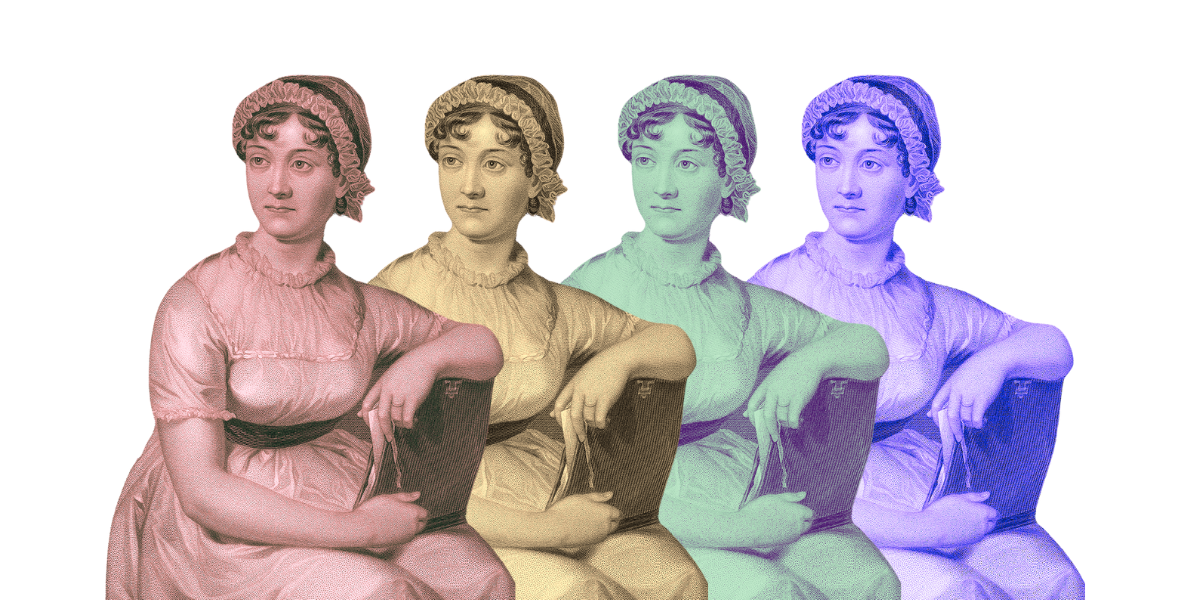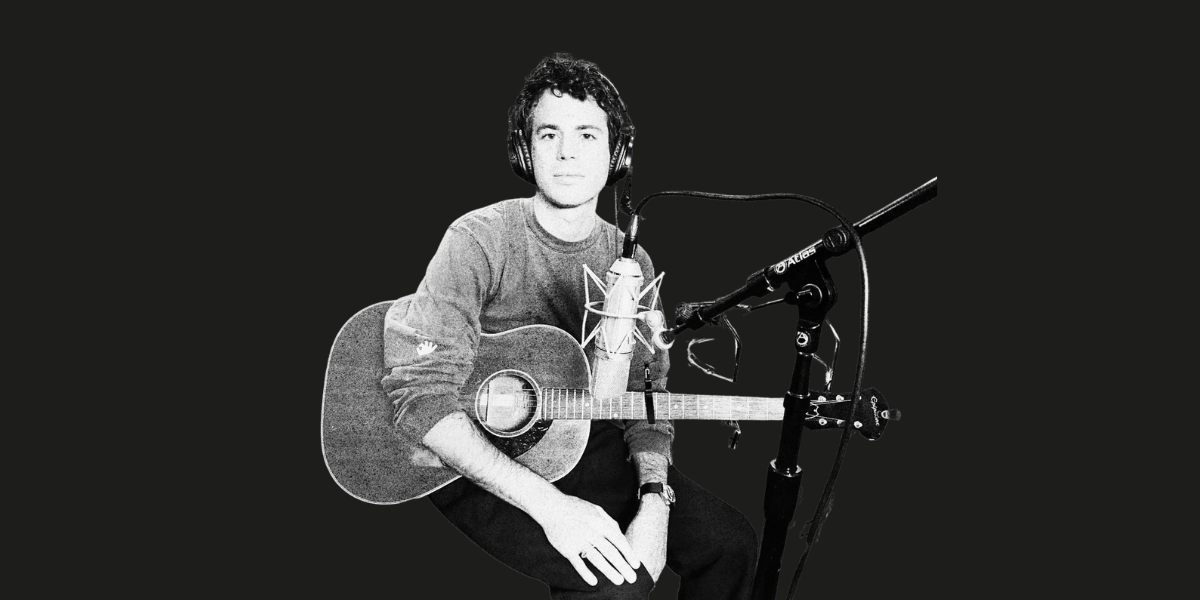It's no secret that the tiny island of Ireland has contributed way more than its fair share of brilliant writers and poets to the canon of literature known and loved across the globe.
The island is home to four Nobel laureates and five Booker Prize winners, and has spawned household names like James Joyce, Colm Tóibín, Maeve Binchy, and Sally Rooney.
People the world over have tried to speculate why this is. Is it something in the water? Is it the luck of the Irish?

As Colm Tóibín says,
"In Ireland, novels and plays still have a strange force. The writing of fiction and the creation of theatrical images can affect life there more powerfully and stealthily than speeches, or even legislation."
So we decided to go on a mission to learn from some of Ireland's greatest writers.
Here are just a few of the quotes that struck us:
"A writer is someone who has taught his mind to misbehave."
Oscar Wilde cuts right to the heart of creativity here. What is creativity but the mind striking out of the grooves of regularity?
"I love communicative problems. They always introduce just enough friction for me to feel drawn into a scene, when there’s some slippage between what somebody is trying to say, or feels capable of saying, and what the other person wants to hear or is capable of hearing."
If you've read any of Sally Rooney's award-winning books, you'll recognize this device in her plots. Try the same in your work when things are feeling a little dry or slow.
"I was working on the proof of one of my poems all the morning, and took out a comma. In the afternoon I put it back again."
Nobody presents writing truths as concise and witty as Oscar Wilde. Who among us hasn't agonized over a comma for hours?
Sounds like Oscar needed a Freewrite.

"I don’t ever plot. And I do very little research, as little as possible. I prefer to use my imagination. Language is older and richer than we are and when you go in there and let go and listen, it’s possible to discover something way beyond and richer than your conscious self."
Claire Keegan's a freewriter! In this interview, Claire explains that the main character in her award-winning book, Small Things Like These, completely changed over the course of rewrites and revisions.
"The novel space is a pure space. I'm nobody once I go into that room. I'm not gay, I'm not bald, I'm not Irish. I'm not anybody. I'm nobody. I'm the guy telling the story, and the only person that matters is the person reading that story, the target. It's to get that person to feel what I'm trying to dramatize."
Colm Tóibín perfectly sums up the disembodied experience of writing here. The writer disappears and the characters take center stage.
"The important thing is not what we write but how we write, and in my opinion the modern writer must be an adventurer above all, willing to take every risk, and be prepared to founder in his effort if need be. In other words we must write dangerously."
James Joyce was certainly an adventurer, and though his notion to a "modern writer" predates ours by about a century, we don't think all that much as changed. Writers still need to take risks!

"I don’t say I was ‘proceeding down a thoroughfare.’ I say I ‘walked down the road.’ I don’t say I ‘passed a hallowed institute of learning.’ I say I ‘passed a school.’ You don’t wear all your jewellery at once. You’re much more believable if you talk in your own voice."
Maeve Binchy's own voice is apparent in every book she wrote. Her characters speak like real people, and that makes them all the more endearing.
"Out of the quarrel with others we make rhetoric; out of the quarrel with ourselves we make poetry."
What a poetic way to encapsulate the experience of writing poetry. Yeats certainly knew a thing or two about using that internal quarrel to create beautiful, timeless work.































